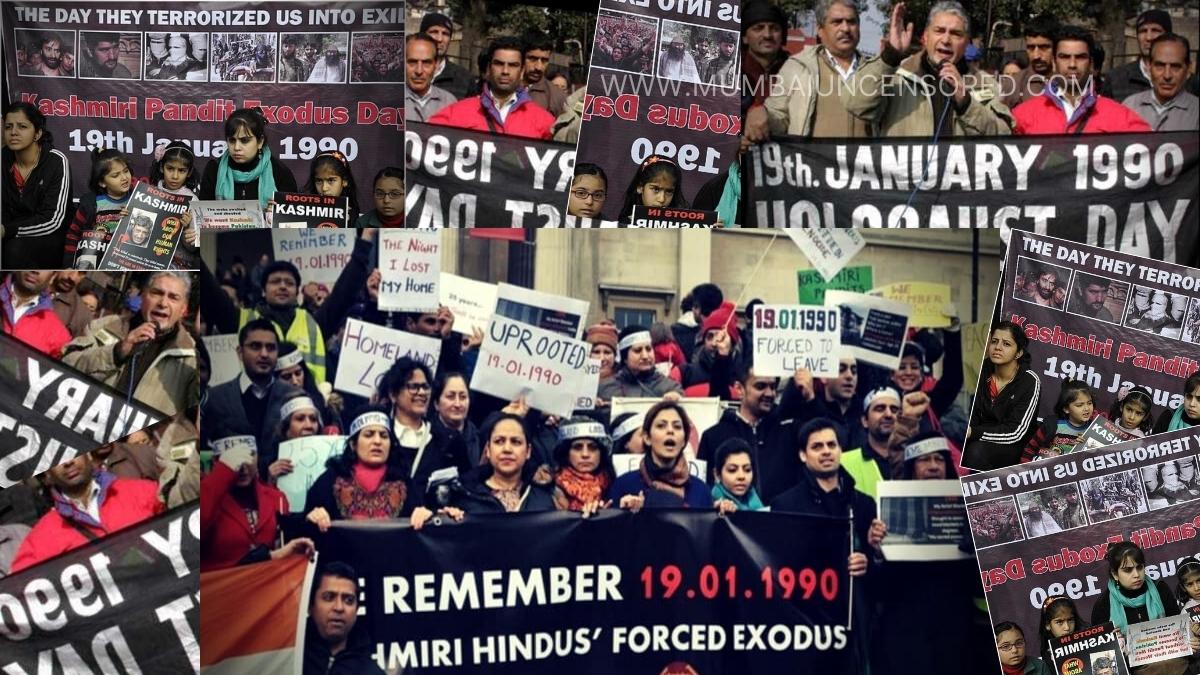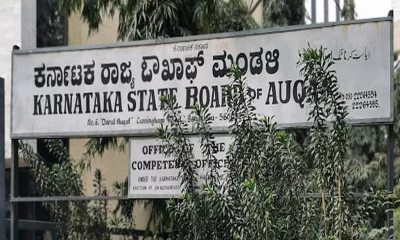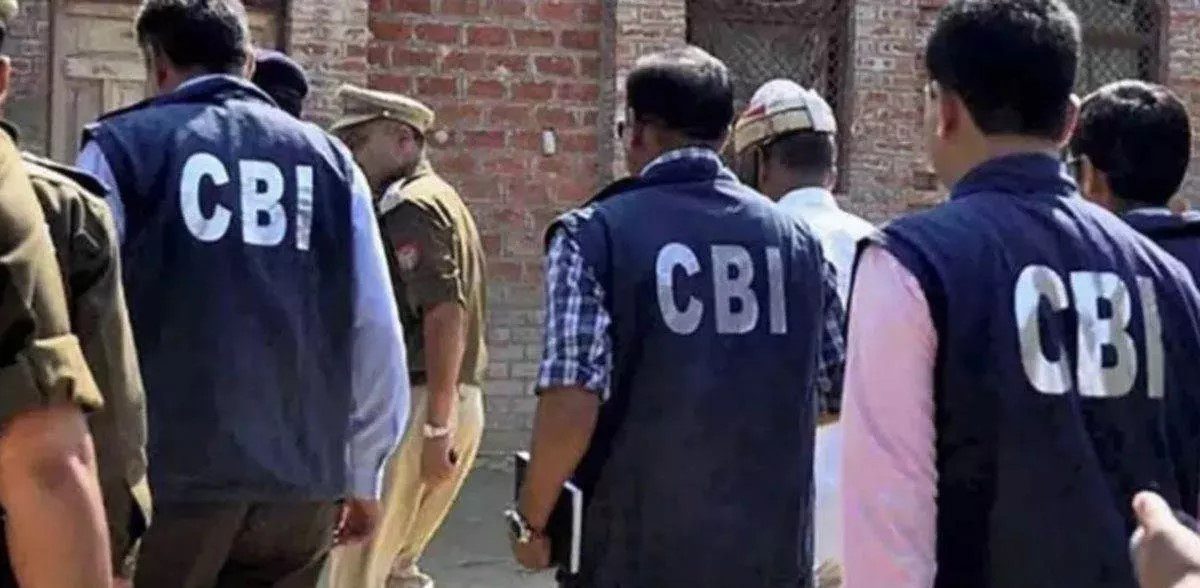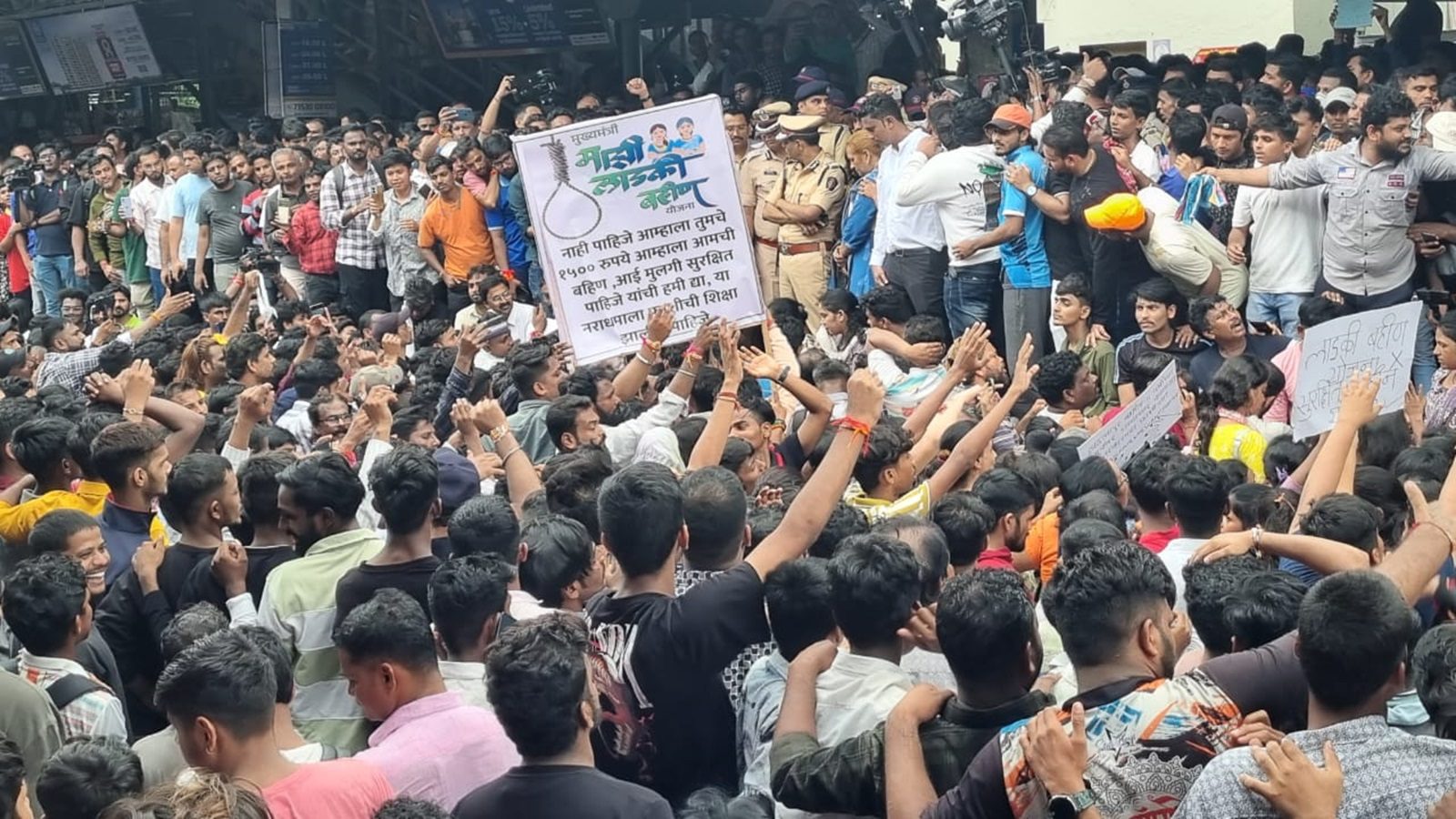Anushka Pathak – Mumbai Uncensored, 18th January 2022 :
A dead body was brought to our hospital in Baramulla for post-mortem. It was the dead body of a dear friend Dr Chatta, an agricultural scientist. This gentleman was married to a young and beautiful lady, Mrs Prana Chatta. Both had been abducted two days back from their residence; and the buzz was that their next door peaceful neighbour was the man behind the kidnapping, along with four other terrorists. Many doctors were sipping tea and jubilantly discussing the killing. One doctor said, “Another Hangul eliminated.” Hangul is an animal getting extinct in J&K. So he was obliquely referring to Kashmiri Pandits as a soon-to-be-extinct species. Nothing was known about Mrs Prana. Few said she was gang-raped, killed and buried. Others said she was raped by her neighbour for many days and then handed to terrorists. God knows what happened to her.
Girija Tikoo, a 21-year-old laboratory assistant at the Government High School, Trehgam, Kupwara, was abducted, brutally gang-raped and cut into two halves on a saw mill while still alive.
BK Ganjoo, a young engineer, unaware of his fate, hid in a rice container in his attic, as the jihadists terrorized the streets of Kashmir. He would have been alive today had his location not been disclosed to the terrorists by his own neighbours. The terrorists shot him through the container and forced his wife to eat the blood-soaked rice. No one knows what happened to the wife thereafter.
Names of prominent Pandits were pasted on ‘hit list’ posters and their murders celebrated. Widely read newspapers Aftab and Alsafa carried advertisements asking ‘kafirs’ to leave or risk being eliminated.
Temples were desecrated and burnt, homes and shops of Kashmiri Hindus were looted and destroyed. Mosque speakers blared ‘raliv, tsaliv ya galiv’, that is, convert, run away or be killed and raped.
There are many such blood-curling incidents that are unspoken of. This mayhem continued for over a decade to accelerate the pace of ethnic cleansing. Panun Kashmir, an organisation of displaced Kashmiris, has published a list of 1,341 murdered Kashmiri Pandits.
Today, 19th January 2022, marks the 32nd anniversary of the seventh exodus of the Kashmiri Hindus, or better known as, the Kashmiri Pandits. Thousands gang-raped, deceived by their ‘friends’, and brutally killed. ‘Kashmiriyat’, which may or may not have existed at the time, came to an end. For the natives of the land believed to be established by Rishi Kashyap, 1990 saw yet another exodus of Kashmiri Pandits from their birthplace since the 14th century.
Government of India records 64,951 displaced Kashmiri families. It is a dubious distinction for the world’s largest democracy to also be the nation whose citizens are refugees within their own country.
The UN Genocide Convention of 1948 defines ‘genocide’ as an act with the intent to destroy an ethnic group, including the killing of its members. In 1995, the National Human Rights Commission held the systemic ethnic cleansing of Kashmiri Pandits akin to genocide.
It is a fact that the sentiments that led to the ethnic cleansing of Kashmiri Hindus are very much alive today. The only thing that is different is the political dispensation that is in power today and the manner in which they perceive the world.
Anyone telling you that militancy in Kashmir, 32 years ago, was a mass uprising for a secular independent Kashmir, is lying to you. From Allah Tigers, Al Fatah to Jammu-Kashmir Liveration Front, each terror group issued Islamist threats and targeted Hindu minority in the name of ‘the one and true’ religion, Islam.
It is in the nature of radical Islamists to not only oppress people of other religions but also deny them the rights and privileges that they owe, as a consequence of the violence Islamic fundamentalists have inflicted upon them.
One of the few features of radical Islamic Terrorism is that while terrorists are busy committing the most heinous crimes against humanity, there is a set of assorted appeasers, in the guise of human rights activists, that get themselves busy whitewashing their crimes and immediately try to build a narrative that Islamophobia is the real concern when Islamic terrorists murder ‘Kafirs’. This gives Islamic extremists the opportunity to cry victim while they slit the throats of ‘infidels’. It has been happening in Kashmir, or anywhere for that matter, in the world, from even before 1990.
The circumstances under which Pandits were forcibly driven out of Kashmir in 1990 are often distorted by political parties. The 1989 Kashmir was a different place from the Kashmir of earlier times. Suddenly that year, Kashmiri Muslim youth swarmed into the streets. People of Kashmir heard the boys chant ‘azadi’ (freedom from India), ‘Pakistan se rishta kya, la ilaha illa allah’ (relationship with Pakistan is that of with Allah) and ‘nizam-e-mustafa’ (Sharia rule) slogans in the same breath. 79 innocent, unarmed civilians were killed that year by these ‘freedom fighters’.
The Islamist attacks on Hindus– the trigger for their ethnic cleansing in 1990 began in 1989, when the country was headed by Prime Minister Rajiv Gandhi and Jammu & Kashmir was ruled by chief minister Farooq Abdullah. Those attacks, the triggers for the exodus of Pandits, continued under Rajiv Gandhi’s successor VP Singh.
Before governor Jagmohan took over and governor’s rule was imposed in January 1990, 21 Kashmiri Pandits, a tiny minority of Hindus in the Muslim valley, were killed. Of the 2,150 incidents of violence, 2100 attacks were against civilians. All in all, the Indian National Congress as well as BJP, both failed to protect Kashmiri Pandits. Both of them and the Indian state collectively failed completely to protect the natives of Kashmir.
Those who forget history are destined to repeat it. Natives of the land established by Rishi Kashyap, this is Kashmiri Pandits’ seventh forced exodus from their birthplace since the 14th century, thanks to the Islamic invaders in the valley.
So, what should be done now to move forward and avoid a recurrence?
Punish the guilty. A Judicial Commission under a retired Chief Justice of the Supreme Court should be immediately constituted. Those found guilty should be given exemplary punishment as per the law. All the 215 FIRs that have not been acted upon by the state should be clubbed and given to the NIA for a comprehensive probe.
Teach the nation. The place needs a Centre of Kashmir Renaissance to showcase knowledge and learnings through the ages including lessons from this genocide. Historians need to research and peel off the layers of distortion created to propagate narrow political interests. They need to study and credit the Gonanda, Karkota and Lohara dynasties that ruled the valley for more than 1,000 years. The Kashmiri language, Koshur, with its Vedic Sanskrit roots and unique Sharda script needs to be revived and included as a compulsory subject in state schools. Koshur needs to be actively promoted as the administrative language of the state at par with Urdu.
Resettlement of the natives. The establishment of a Reconciliation Commission, with eminent members from both the communities, will be an important first step in this direction. Its mandate should also include complaints of human rights violations against the security forces during the same period. Its ambit should include compiling a comprehensive list of the forceful takeaway of lands, and properties of the Kashmiri Pandits, and laying down the process to restore the same. The restoration, protection and preservation of the valley’s shrines and temple properties should also be taken into consideration.
The acceptance of a shared culture and consideration of the integrity of the other community’s experience will initiate the process of healing, and help wash off the blood stains of the genocide off India’s cloth. Shri Ram was in exile for 14 years, Kashmiri Pandits have now been in exile for over 32 years. It is time for Bharat to get them home.





 Health2 days ago
Health2 days ago


 Special Editions2 days ago
Special Editions2 days ago


 Special Editions2 days ago
Special Editions2 days ago


 Special Editions3 months ago
Special Editions3 months ago


 Special Editions2 days ago
Special Editions2 days ago













